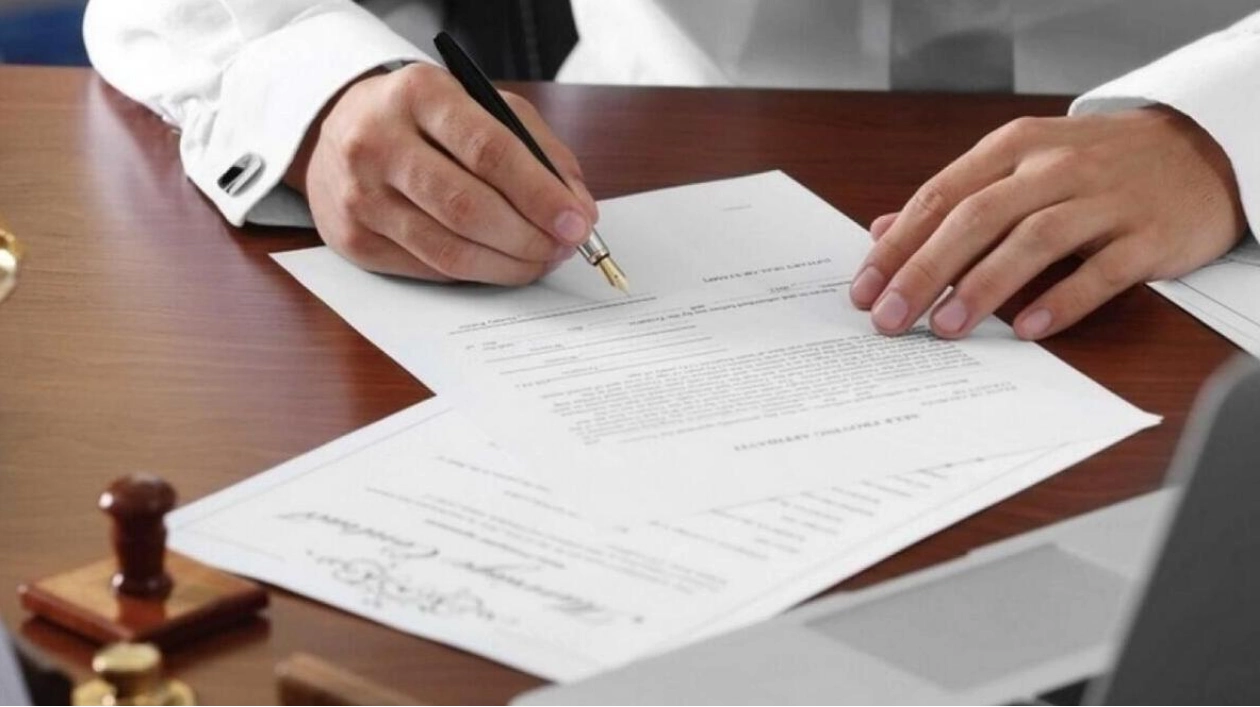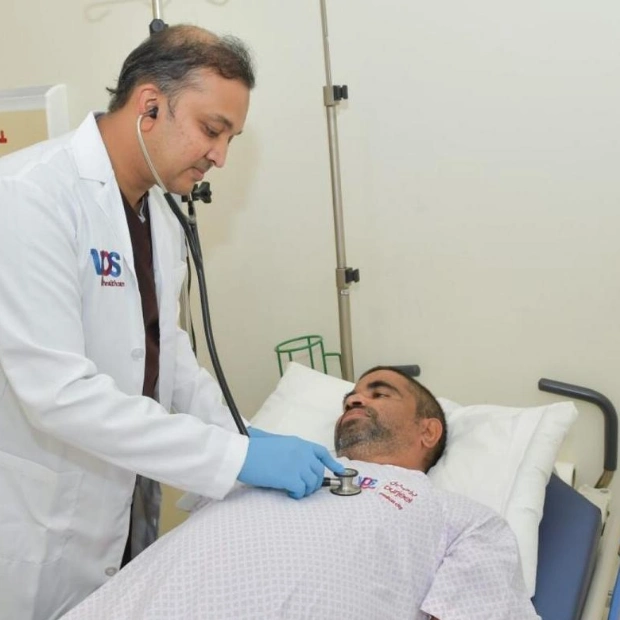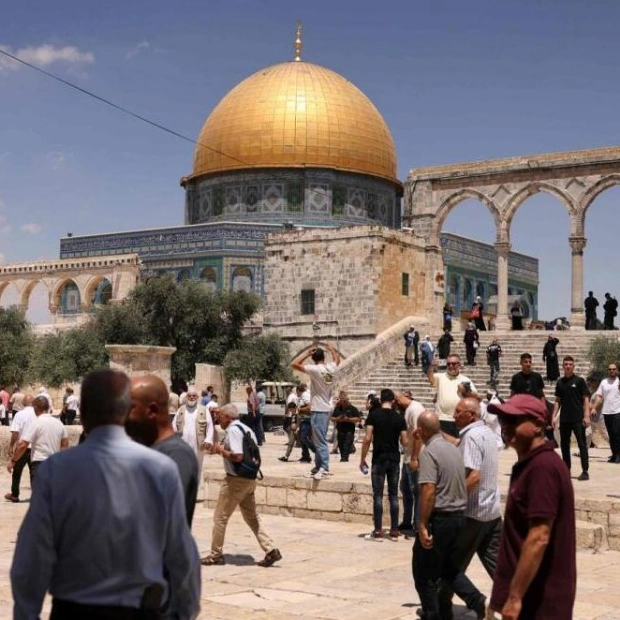The Dubai International Financial Centre (DIFC) Courts introduced a groundbreaking 'digital assets will' on Tuesday, enabling owners to distribute their digital assets through a non-custodial wallet. This innovative wallet empowers individuals to reassign assets to designated beneficiaries within their wallet, maintaining full control over asset movement during their lifetime. Ultimately, assets are distributed as 'specific gifts.' Investors and residents worldwide can access this service remotely, connecting via video link to a compliance officer based in Dubai.
This initiative was unveiled on the second day of the five-day Global Gitex 2024 event, which commenced at the Dubai World Trade Centre on Monday. The digital assets industry has seen exponential growth in the UAE and globally, driven by technological advancements and new asset classes. The new will template complements the extensive range of legacy will types offered by the DIFC Courts, including full, property, financial assets, business owners, and guardianship wills. An existing online automated will drafting service and a virtual registry enhance the 360-degree digitally accessible service, allowing both domestic and international users to create and register a DIFC Courts will. Recognized digital assets include ETH, BTC, MATIC, USDC, USDT, and HBAR, with plans to incorporate additional assets in the future.
The DIFC Courts further announced that these wills can be stored in the global digital vault, tejouri, which operates as both a cloud vault and an online safe for data, supported by a state-of-the-art onsite DIFC data centre and a secondary UAE-based backup data centre. Access to all data is strictly limited to the 'vault holder' and the designated recipients.
In addition to the digital assets will, the DIFC Courts introduced a Notary Service, the first of its kind in the UAE, exclusively for notarizing English documents. This service offers three options: an automated self-service, a live virtual system, and an in-person service. Users can also opt for an authentication service through primary source verification (PSV). Each notarized document will be issued with an electronic or physical stamp and seal, verified using advanced cryptographic methods powered by Hedera Blockchain.
Document types accepted for attestation and notarization include affidavits, witness statements, wills, power of attorney, trade licenses, title deeds, health certificates, marriage certificates, and bank statements. As part of its mission to provide effective dispute resolution mechanisms, the DIFC Courts will also offer a new alternative dispute resolution avenue through the Mediation Service Centre. This centre will facilitate dispute resolution through DIFC Courts Part III registered mediators, allowing parties to choose mediators, agree on fees and terms in advance, and conduct mediation meetings online or in-person.
The new suite of services was launched with the support of The Hashgraph Association and Deca4 Advisory, who provided expertise in building Distributed Ledger Technology ecosystems and architecting digital services, respectively. The DataFlow Group also contributed by offering primary source verification solutions and background screening services.
"In our new digitally driven societies, individuals and businesses are increasingly seeking easily accessible public services," said Justice Omar Al Mheiri, Director of DIFC Courts. "Our duty is to deploy the latest emerging technologies to meet this growth and demand. These new digital services break down barriers to justice, providing ease of process for administrative tasks and more complex matters involving alternative dispute resolution and inheritance."






